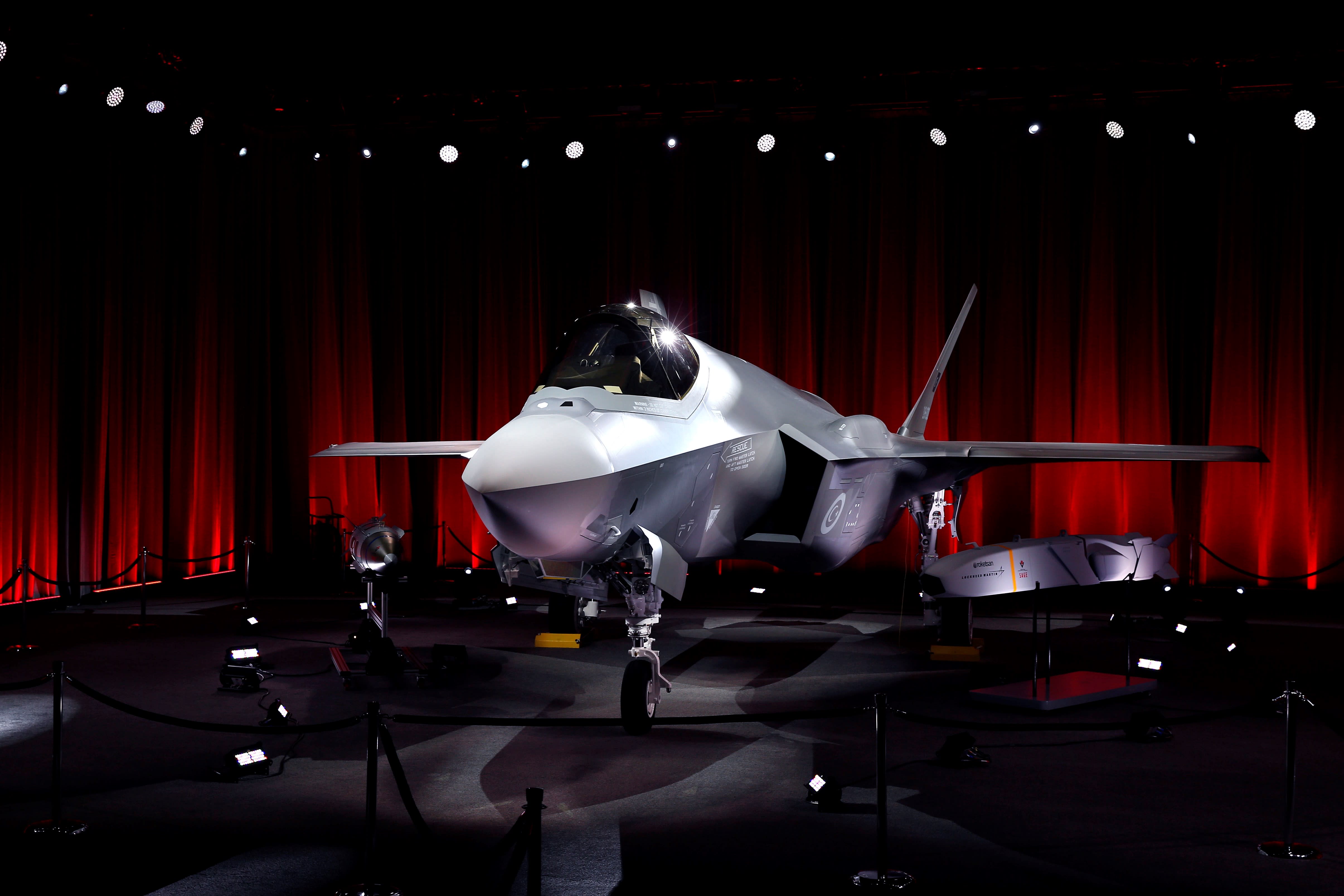Hits: 10

A F-35 fighter jet is seen as Turkey takes delivery of its first F-35 fighter jet with a ceremony at the Lockheed Martin in Forth Worth, Texas, United States on June 21, 2018.
Atilgan Ozdil | Anadolu Agency | Getty Images
America’s most expensive weapons platform lost one of its founding international partners on the heels of a multi-billion dollar deal brokered between Russia and Turkey.
“Unfortunately, Turkey’s decision to purchase Russian S-400 air defense systems renders its continued involvement with the F-35 impossible. The F-35 cannot coexist with a Russian intelligence collection platform that will be used to learn about its advanced capabilities,” the White House said Wednesday, adding that there will be “detrimental impacts” on Turkey’s participation in NATO.
Last week, Turkey accepted delivery of the Russian-made S-400, a mobile surface-to-air missile system, that is said to pose a risk to the NATO alliance as well as Lockheed Martin’s F-35 stealth fighter jet.
“This day has been a long time coming and the second order effects for Turkey will be significant,” Aaron Stein, director of the Middle East program at the Foreign Policy Research Institute, told CNBC.
“Turkey has made the political choice to absorb what will be a tremendous financial cost for a system of questionable military value, but of immense political value for a Turkish leadership determined to act more autonomously from the United States,” Stein added.
Striking a deal with the Kremlin
In 2017, Ankara brokered a deal reportedly worth $2.5 billion with the Kremlin for the S-400 despite warnings from the U.S. that buying the system would come with political and economic consequences.
The S-400, the successor to the S-200 and S-300 missile systems, made its debut in 2007. Compared with U.S. systems, the Russian-made S-400 is believed to be capable of engaging a wider array of targets, at longer ranges and against multiple threats simultaneously.
In multiple efforts to deter Turkey from buying the S-400, the State Department offered in 2013 and 2017 to sell the country Raytheon‘s Patriot missile system. Ankara passed on the Patriot both times because the U.S. declined to provide a transfer of the system’s sensitive missile technology.
All the while, Turkey became a financial and manufacturing partner for Lockheed Martin‘s F-35 jet, the world’s most advanced fighter.
On Wednesday, the White House said in a statement that it made “multiple offers to move Turkey to the front of the line to receive the U.S. Patriot air defense system,” which CNBC reported in April.
What Turkey’s decision means for U.S. defense companies
People with knowledge of the negotiations told CNBC that Lockheed Martin and Raytheon were preparing to make massive adjustments to their intricate production schedules amid contentious negotiations with Turkey.
If Turkey went through with the Russian deal, Lockheed Martin would have to rework its supply chain on components for the F-35 fighter jet, while also making changes to its production schedule. Yet if Turkey abandoned its deal with Russia, Raytheon would reorganize the Patriot missile defense system production schedule to guarantee that Turkey could receive the missile system within a faster time frame.
Lockheed said in a statement Wednesday that it has taken actions to limit the impact and expects to meet its commitment of delivering 131 F-35s this year.
“Over the last several months we’ve been working to establish alternative sources of supply in the United States to quickly accommodate Turkey’s current contributions to the program,” Lockheed Martin said.
Sanctioning a NATO ally?
Under the Countering America’s Adversaries Through Sanctions Act, which President Donald Trump signed in August 2017, Turkey, a NATO partner, faces economic sanctions for accepting the Kremlin’s missile system.
“As NATO allies, our relationship is multi-layered, and not solely focused on the F-35. Our military-to-military relationship is strong, and we will continue to cooperate with Turkey extensively, mindful of constraints due to the presence of the S-400 system in Turkey,” the White House said.
Meanwhile, nearly 13 countries have expressed interest in buying Russia’s S-400 missile system. China, India and Turkey have already signed purchase agreements with the Kremlin. China, which is embroiled in a trade battle with the U.S., is in the middle of receiving its final shipment of the S-400 system. India signed a deal with Moscow for the S-400 in October. Turkey received its S-400 last week and is expected to have the system ready for use by 2020.
Be the first to comment